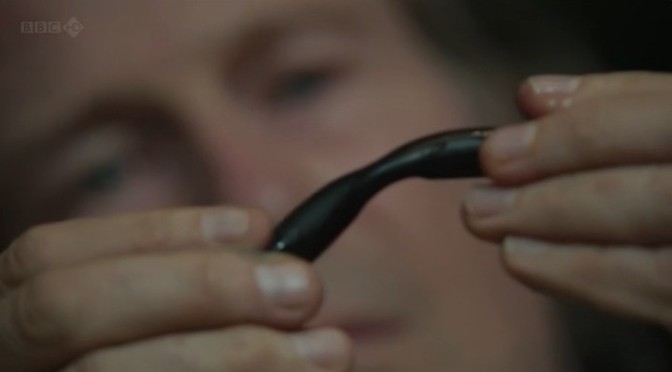A simple tip for any science communicator, or indeed teacher, intending to perform a demonstration to an audience:
Make sure it works.
That’s it.
It’s such obvious advice it almost goes without saying. Almost, but not quite. Sometimes we become so confident in our performance skills that we forget the basics, and this post is prompted by my having seen two prominent UK science communicators recently do demos which didn’t work.
I’m not going to mention any names and I’ll leave the details vague: this isn’t intended as a personal attack. I’m much more interested in how the demonstration failures felt from where I was sitting at the time – in the audience.
“I’m going to try to do a demonstration which never works.”
One of the first bits of advice you’ll receive as a performer is: never apologise. The above line called that to mind, along with the obvious response: “Well, why are you going to do it?”. My hope was that famous science communicator #1 was joking for effect, but he proceeded to spend several minutes of an otherwise fascinating and engaging lecture on an incomprehensible demo involving members of the audience having to stand up and sit down according to a set of instructions neither they nor the rest of the audience seemed to understand.
As best I can tell, the ‘demonstration’ failed to illuminate the bit of science it was meant to illustrate. Certainly, it added nothing to an explanation which had already been provided with a diagram. The lecturer even admitted as much. So why include the demonstration at all?
Perhaps because we’re so enslaved to the notion that we must entertain our audiences with demonstrations that we’ll shoehorn one in if there’d otherwise be too much exposition. Or perhaps the lecture was simply too short otherwise.
From the audience’s perspective, all the demonstration achieved was a measure of audience embarrassment.
Famous science communicator #2 did a demo which simply didn’t work. It was supposed to illustrate that chemicals of a certain family were all good fuels, and it involved separating the wick from the wax of a tea-light. The wick was then squirted with body cream and lit: the body cream would melt, flow up the wick, vaporise and burn.
It didn’t.
The wick caught fire, but it didn’t melt the body cream and it certainly didn’t work as a candle. So, again, an under-prepared demonstration which made the audience uncomfortable, except that communicator #2 proceeded as if it had. The lecture – a team effort – carried on without him, and he distracted me as I watched him continue trying to make it work. He was clearly puzzled as to why it hadn’t.
Prior to doing the demo, science communicator #2 had joked that he had only purchased the cream a few minutes before the lecture, making light of his under preparation. And that was the problem, obviously – he hadn’t checked his demo. He’s a busy man, but I think the audience deserve better. So did the non-geek friend with whom I attended the lecture, who was unimpressed by this demonstration and a number of other shortcomings which we’ll cover in later posts.
Most science communicators are scientists themselves, and we’re accustomed to the idea that science doesn’t always, well… work. Our audiences, however, often aren’t as comfortable with the nuances of statistical repeatability. Every time a demo doesn’t work, we risk the inference that science doesn’t work. Dangerous.
In a classroom situation, however, discussing with your audience (students) why they think the demo didn’t work and – time permitting – trying to fix it can be tremendously instructive.

